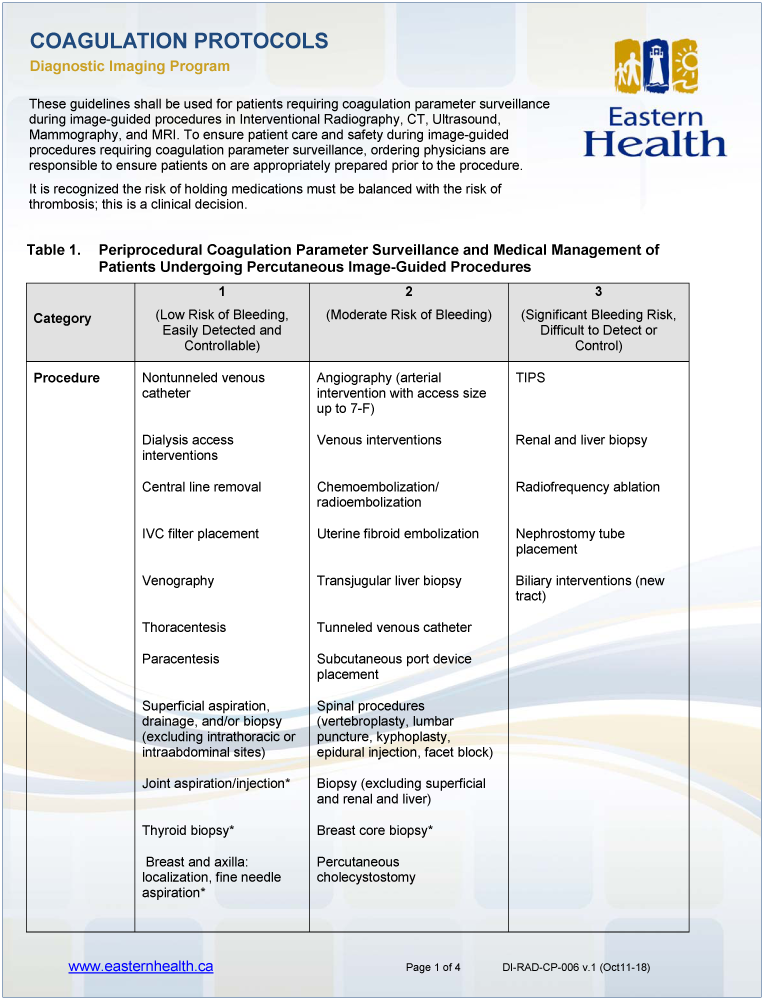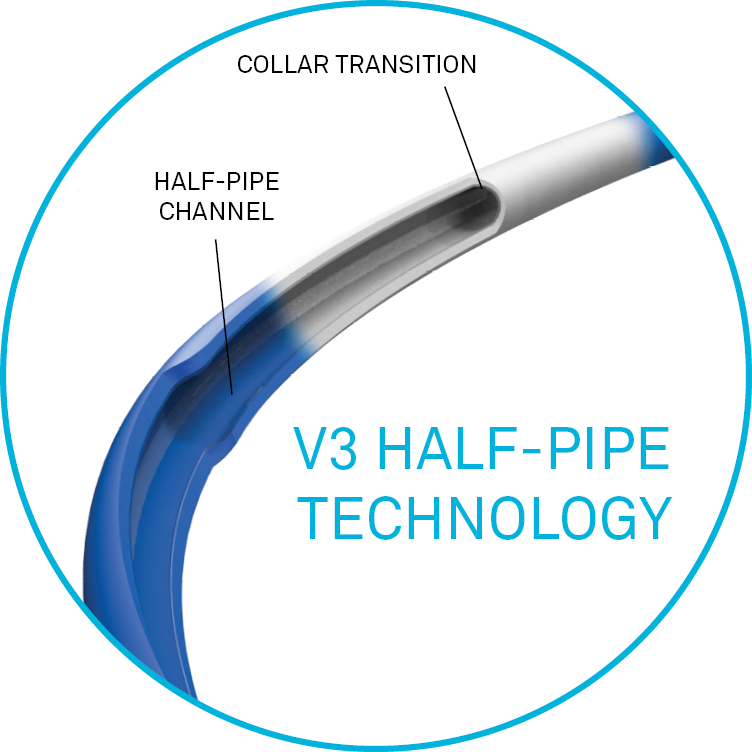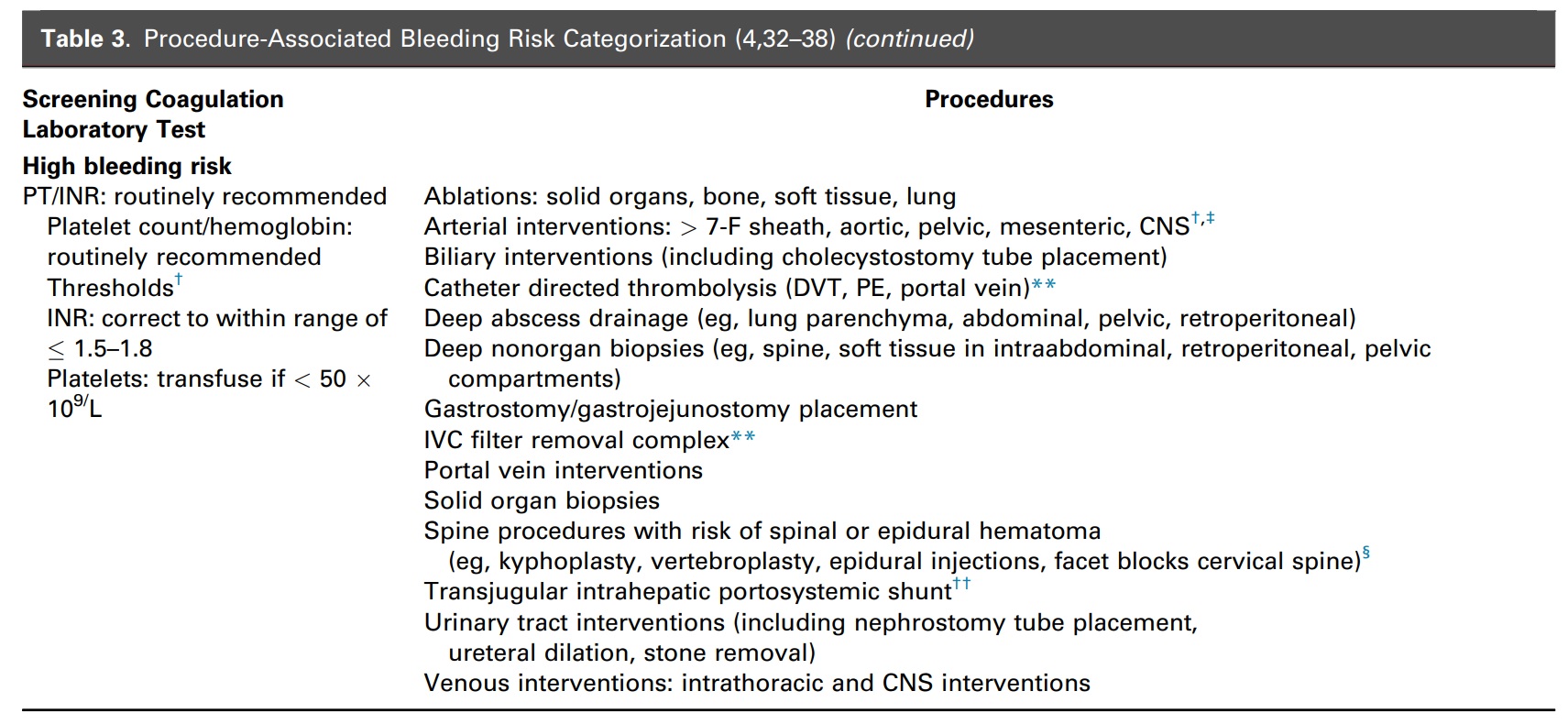

intellectual – such as how you speak and listen, read and write, solve problems, and process and remember information.To meet the early intervention requirements, there must be enough evidence that you have at least one of the impairments below and your impairment is likely to be permanent.Īn impairment is a loss or significant change in at least one of: Do you have an impairment that’s likely to be permanent? If you no longer meet the early intervention requirements, we’ll check if you meet the disability requirements. If you benefit from early intervention supports, you might build your skills and increase your capacity so that you may no longer need NDIS supports. We’ll regularly check your eligibility when we reassess your plan, and at other times too. If you meet the early intervention requirements when you join the NDIS, your support needs are more likely to change. You may also meet the early intervention requirements if you’re aged between 0 and 25 with a hearing impairment. If we have evidence a child younger than 7 has been diagnosed with a condition on List D, we’ll decide they meet the early intervention requirements. There are different requirements for children younger than 6 with developmental delay to meet the early intervention requirements. The early intervention you need is most appropriately funded by us.

#Whats a guideliner interventional professional#
You won’t need these supports for your lifetime, so your treating professional or your early childhood partner will tell us how early intervention support could benefit you or your child. Early intervention is usually early access to support, to help reduce the functional impacts of your impairment.Įarly intervention can be for both children and adults. Its five components located in communities throughout Texas are Baylor College of Dentistry, the College of Medicine, the Graduate School of Biomedical Sciences, the Institute of Biosciences and Technology and the School of Rural Public Health.If you don’t meet the disability requirements, you may be eligible for the NDIS under the early intervention requirements. The Texas A&M University System Health Science Center provides the state with health education, outreach and research. CBHECs strategy is to work with the community, policy makers, and health care professionals.

CBHEC is funded through the Texas State Legislature as well as private support from area health care systems and industry. CBHEC delivers health education programs to 19 counties in the greater Coastal Bend. Reiner will take questions from the media as part of the question and answer session after his talk.Įstablished in 1999, CBHEC is an affiliate of The Texas A&M University System Health Science Center in College Station. WHERE: Corpus Christi Town Club, 800 North Shoreline Blvd., Crystal Room

The program will review recent clinical trials in ACS and discuss recent changes to American Heart Association/American College of Cardiology Guidelines, as well as identify evolving clotting-prevention strategies in interventional cardiology. WHAT: CBHEC’s Continuing Medical Education (CME) program will present a CME program to area physicians on Acute Coronary Syndromes (ACS). WHO: The Coastal Bend Health Education Center (CBHEC) will host Jonathan Samuel Reiner, M.D., associate professor of medicine, director-Cardiac Catheterization Laboratory at George Washington University Medical Center, and cardiologist to Vice President Dick Cheney.


 0 kommentar(er)
0 kommentar(er)
